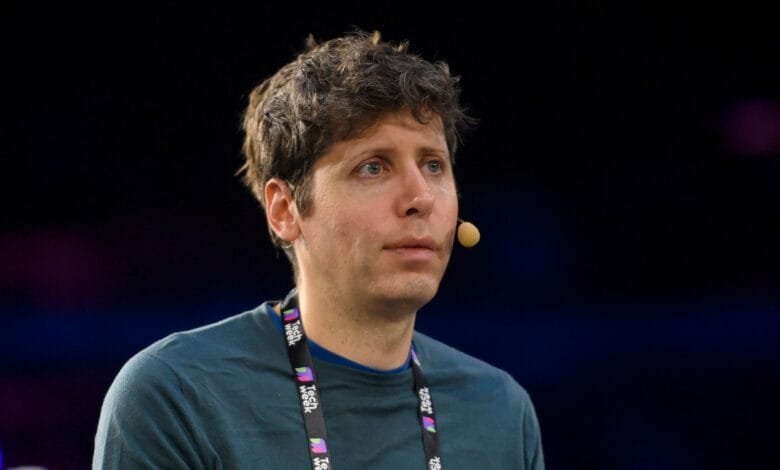OpenAI’s Restructuring: Impact on Its Future

▼ Summary
– OpenAI is restructuring to make its for-profit arm a public benefit corporation (PBC) while remaining under nonprofit control, following scrutiny from state attorneys general.
– The new structure may satisfy regulators and investors but complicates future plans like an IPO, as the nonprofit retains control over core technology.
– OpenAI’s IPO potential is uncertain because shareholders would have limited influence if the nonprofit owns key intellectual property.
– The restructuring faces pressure from investors like Microsoft and legal challenges from Elon Musk, who claims OpenAI abandoned its nonprofit mission.
– Musk’s lawsuit against OpenAI remains active despite the restructuring, with his legal team asserting the changes don’t resolve the case.
OpenAI’s latest restructuring plan marks a pivotal shift in how the company balances its nonprofit mission with commercial ambitions. The organization revealed this week it will transform its for-profit division into a public benefit corporation (PBC), though ultimate control remains with its nonprofit board. This move follows intense scrutiny from regulators and investors alike, all watching closely as the AI giant navigates its complex governance model.
The revised structure could help alleviate regulatory concerns while maintaining OpenAI’s commitment to ensuring artificial general intelligence (AGI) benefits humanity. However, it also introduces new complications, particularly if the company ever pursues an initial public offering (IPO). While PBCs can go public, experts question whether OpenAI’s core intellectual property—controlled by the nonprofit—would make its for-profit arm an attractive investment.
Stephen Diamond, a corporate governance expert at Santa Clara University, points out the dilemma: “If the PBC doesn’t own the core IP, what exactly are investors buying?” OpenAI’s spokesperson clarified that while an IPO remains theoretically possible, the nonprofit retains control over critical technology, meaning shareholders would have limited influence over strategic decisions.
The restructuring comes amid mounting pressure from multiple fronts. Elon Musk, OpenAI’s co-founder turned rival, has been a vocal critic, even filing a lawsuit alleging the company abandoned its original nonprofit mission. His legal team dismissed the new plan as inconsequential, signaling the battle is far from over. Meanwhile, major investors like Microsoft and SoftBank are closely monitoring the changes, ensuring their billions in funding remain protected under the revised framework.
Regulators in California and Delaware are also reviewing the proposal after former employees raised concerns about the shift away from OpenAI’s charitable roots. The company insists its nonprofit oversight ensures ethical AI development, but skeptics argue the new structure still prioritizes commercial interests.
As OpenAI moves forward, the big question remains: Can it balance profitability with its founding principles? The answer could shape not just the company’s future, but the broader AI industry’s trajectory. For now, all eyes are on how regulators, investors, and competitors respond to this latest evolution.
(Source: TechCrunch)